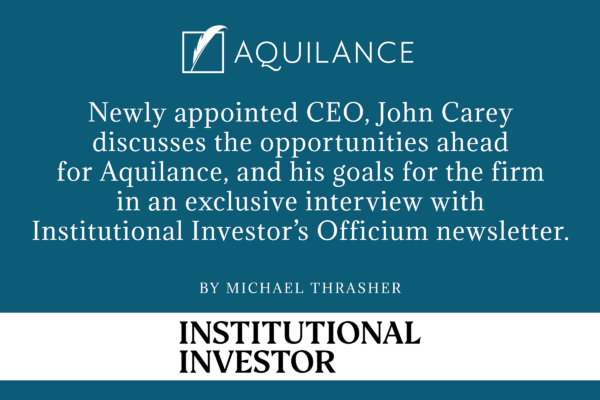From Think Advisor, by Ken Eyler
What You Need to Know
- Most families lose wealth within two or three generations.
- One key to maintaining wealth: discretion.
- Another key: philanthropy.
In some cases, families have remained wealthy for generations and have successfully been able to transfer their assets to children and grandchildren, who then carry the torch.
The DuPont family is a particularly notable example of this.
But in most instances, wealth is created and then dissipated within two to three generations.
As advisors, it’s imperative to realize how important changes in business and lifestyle can become, especially for those families who are new to being wealthy.
Those who have either inherited large sums of money, sold a successful business, or carved out an impressive career as an athlete or entertainer, should recognize how old habits cannot be followed if that wealth is going to be maintained.
At my firm, this is something we have seen over and over again in our work partnering with financial advisors.
To help provide some clarity on how to better preserve wealth for the future, below are a few recommendations that we share both with our clients and the advisors we partner with.
Tighten your security profile.
This is perhaps one of the most common yet most egregious mistakes we see.
Clients often have become accustomed to sharing their highlights in travel and leisure across social media, and as a result, continue to do so even when those life experiences become exponentially more impressive.
In short, this presents a major security problem.
With more wealth and notoriety, they are now a target.
And if they share where they are or where they are going, this invites the threat of either burglary, home invasion, or kidnap and ransom when children are involved.
We remind everyone we work with how important anonymity can be.
But if you must share your experiences publicly, do it only once the trip is completed.
Don’t tempt fate in real-time.
Take advantage of philanthropic benefits.
With new wealth, the amount clients are willing to give will very likely increase.
And it’s important to think about how this can be done most strategically.
Giving to charities not only has a remarkable altruistic benefit, but it’s important to remind them of the financial advantages as well.
Work with clients to optimize their charitable giving initiatives and be aware of the key tax breaks available, and the limits on each.
For example, in general, contributions to private foundations and fraternal organizations are only deductible up to 30% of adjusted gross income, while contributions to qualified public charities including donor-advised funds are deductible up to 50% of adjusted gross income.
Philanthropy can also be a fantastic way to involve the entire family in causes that are personally important.
Private foundations are a great way to ensure a legacy of supporting certain causes lives on, while involving multiple generations of a family in the process.
Ensure effective communication.
Make sure you are in constant communication with not only clients and their family members, but other trusted advisors as well (such as trust and estate attorneys, insurance brokers, financial administrators, accountants, etc.).
With new wealth, some clients may not be used to or comfortable with more communication, especially about some topics that are more sensitive.
But it’s vital as the wealth advisor to ensure that all parties remain in close contact, sharing information and reporting as needed.
When family members don’t understand all of the implications or details about their estate plan, or how much money can be distributed from a trust for discretionary spending, or who will inherit what in the event of a death in the family, disappointment will almost surely be the end result.
Additionally, make sure they understand the nuances of their new financial structure – such as the fact that an asset transferred to a trust is no longer owned by the family (but will have beneficiaries).
Having clarity into spending habits (not just their investments) is also crucial for operating with a level of transparency that is hard to achieve without shared communication.
In summary, coming into wealth can be an amazing thing with incredible benefits.
But managing that wealth for the long term requires a different mentality than many individuals had before.
It’s important to recognize this as soon as possible.






